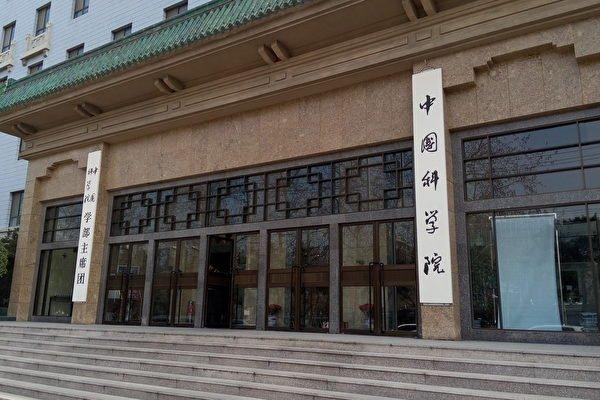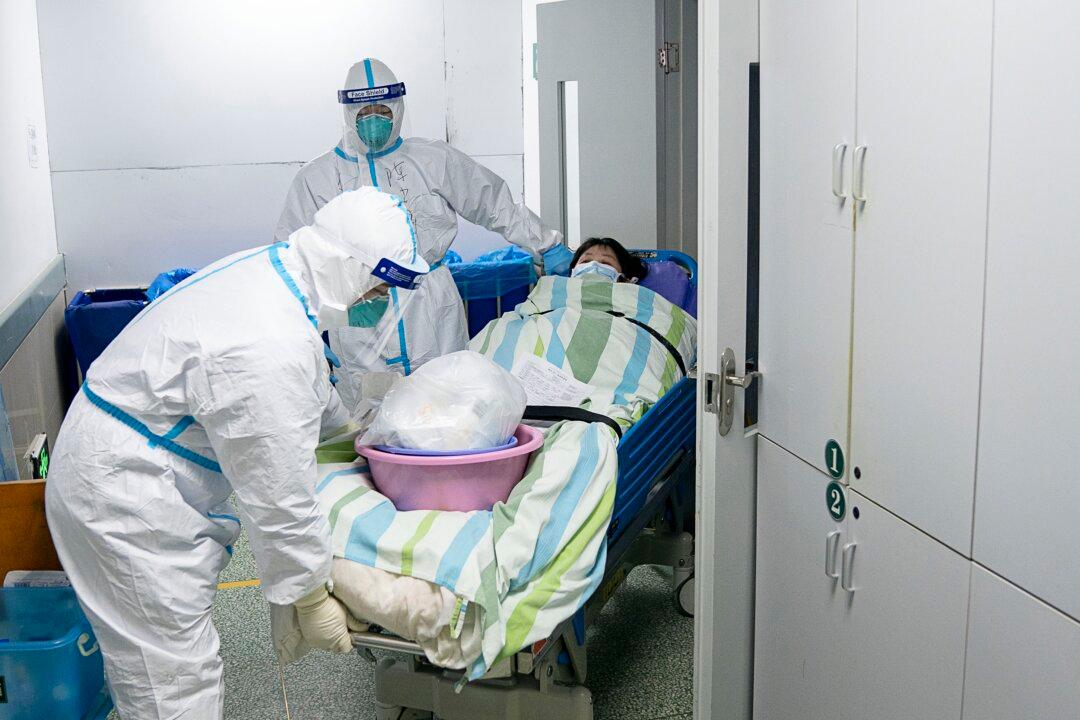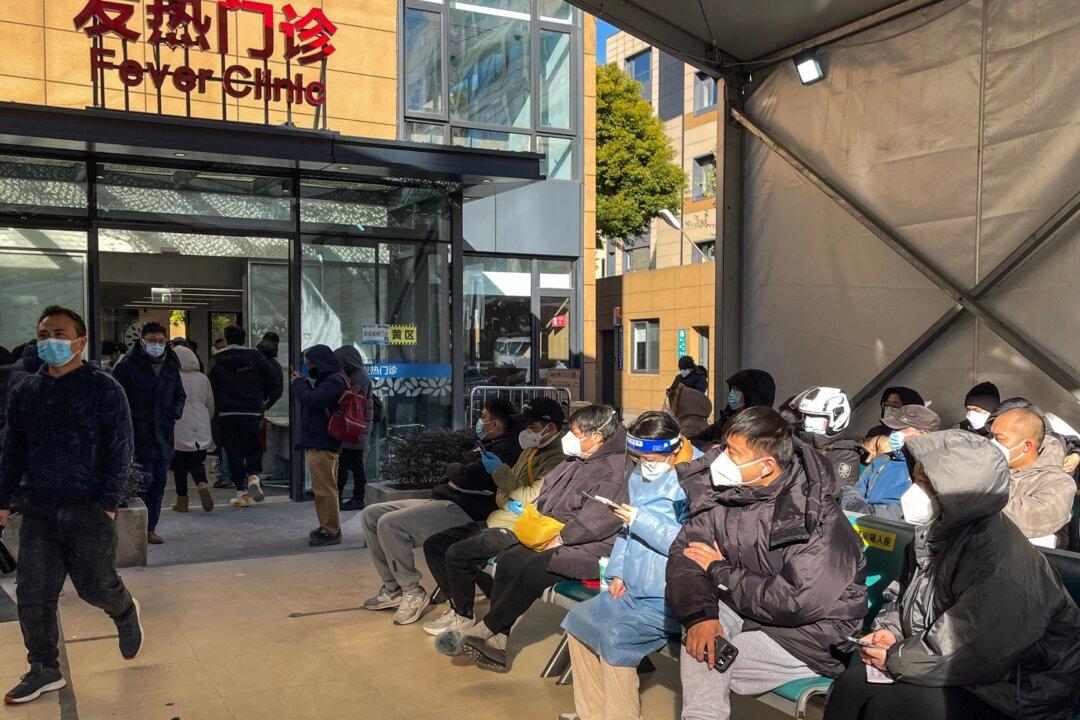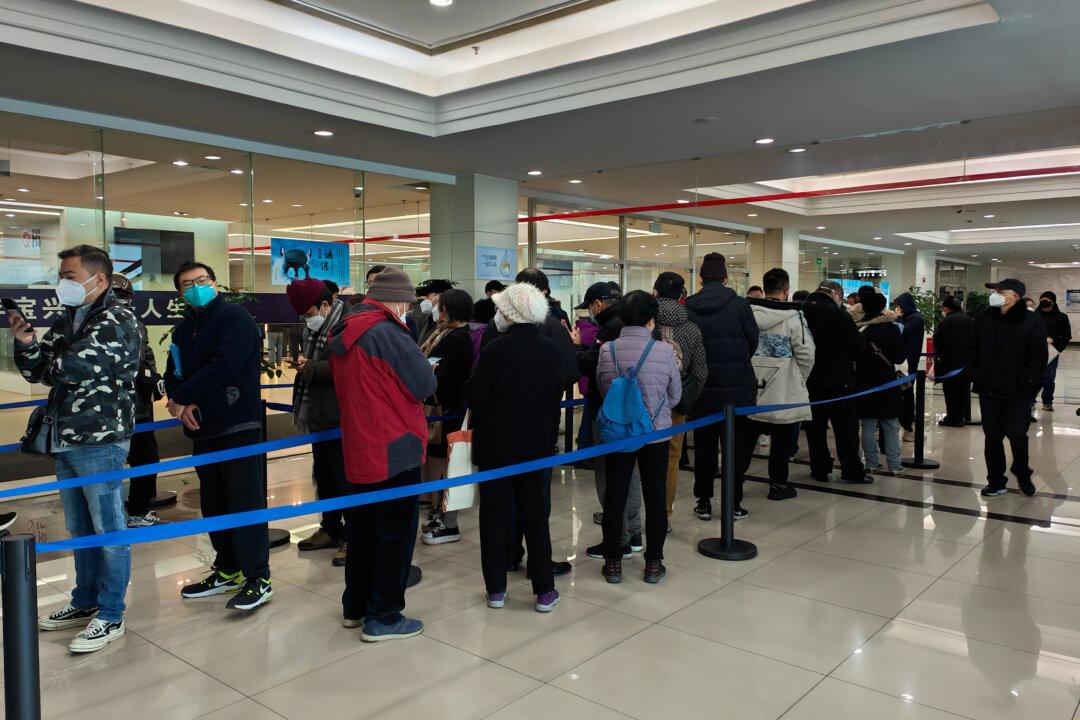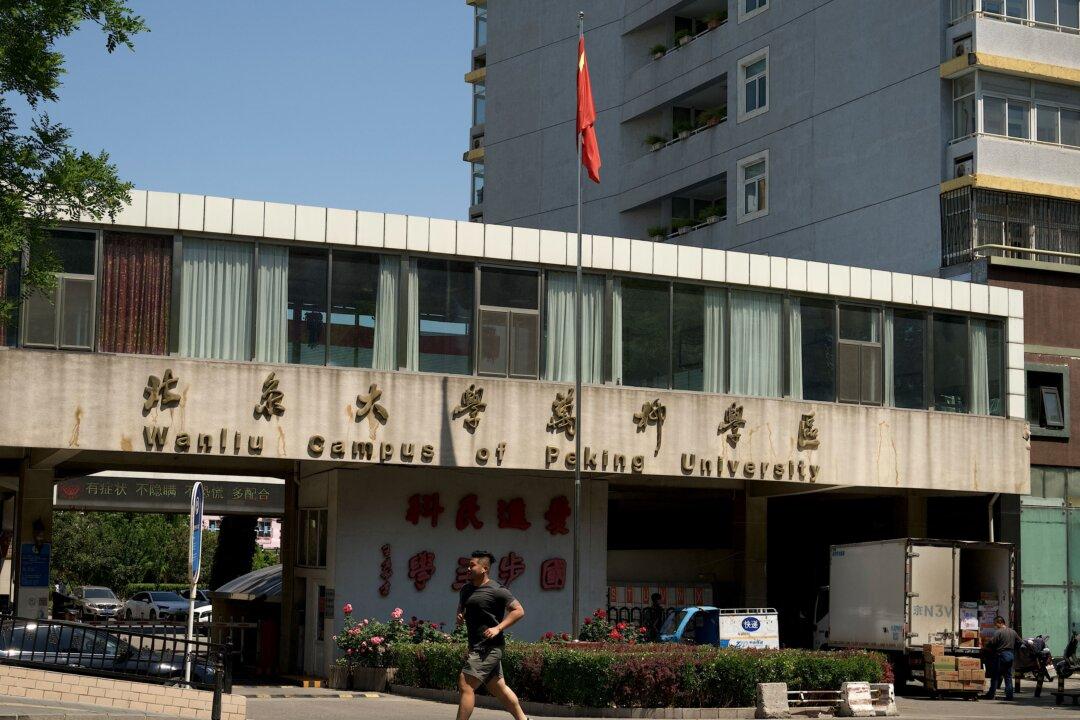In less than two weeks, from April 27 to May 9, six Chinese academicians of the Chinese Academy of Sciences (CAS) died of illness, five of whom were members of the Chinese Communist Party (CCP), including Bai Yilong, an expert in explosives and mechanics; Wang Geng, an expert in electrical machine design and manufacturing; and Chen Jun, an expert in oil refinery engineering technology.
Mr. Bai, who died on May 9, was the former deputy director of the Institute of Mechanics of the CAS and the former president of the Chinese Society of Mechanics.
